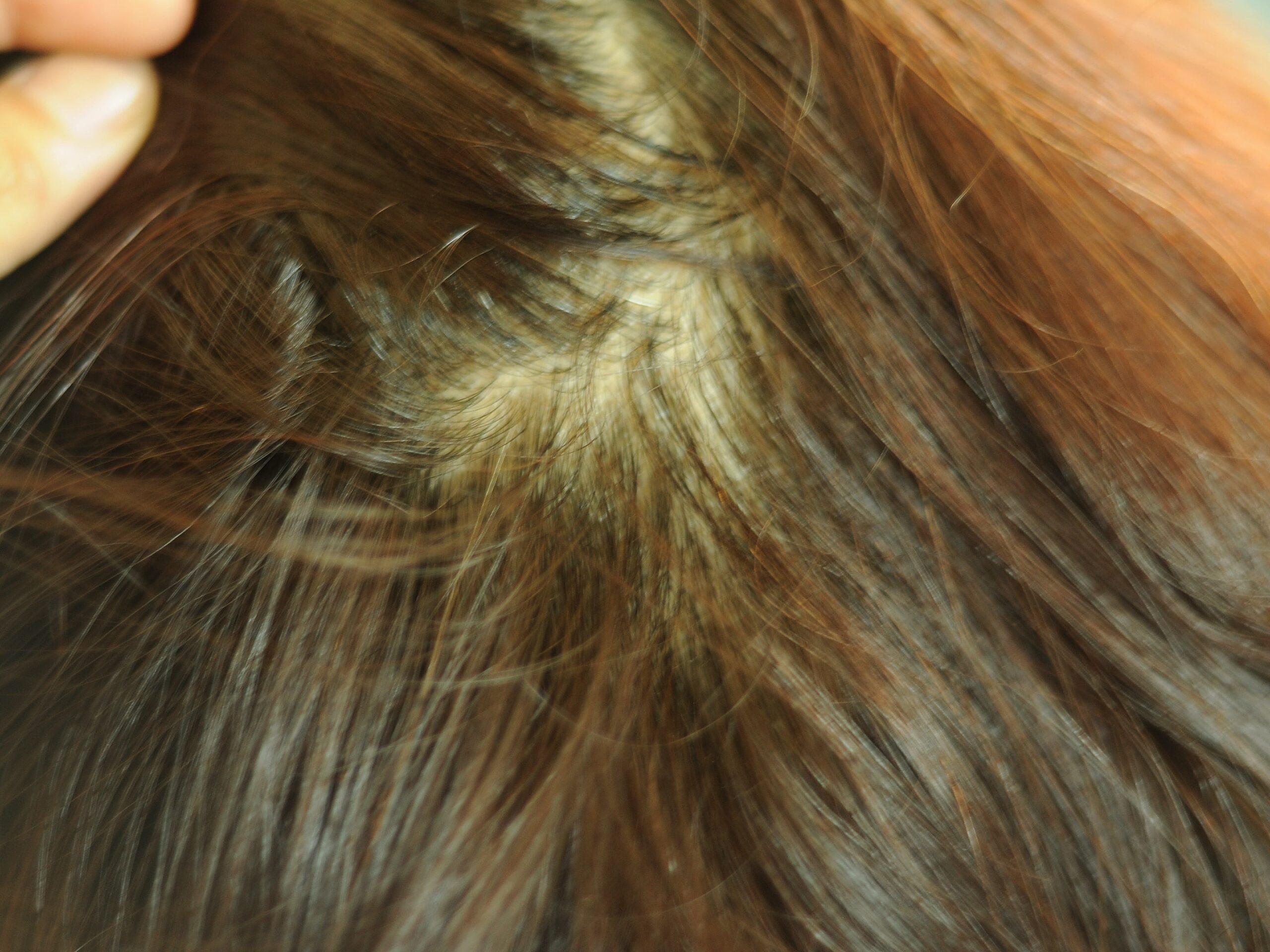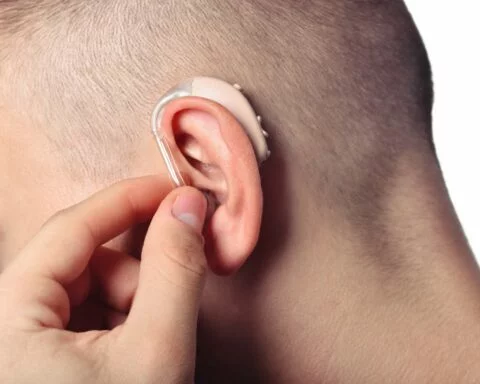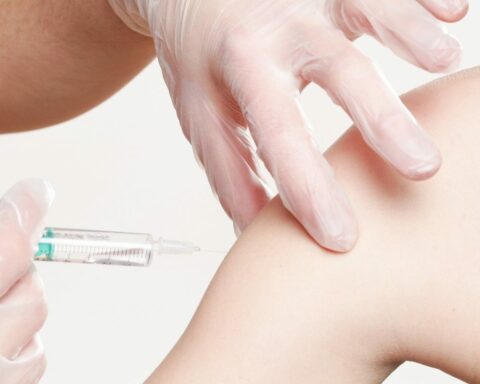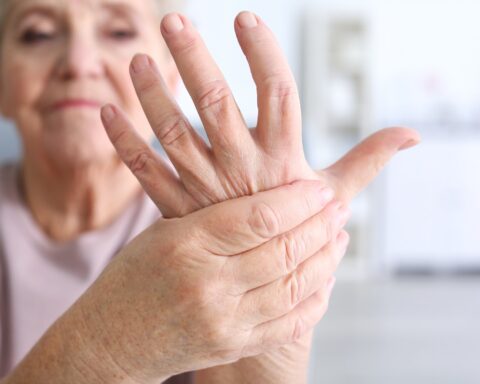Lice infestations are a common problem that affects millions of people worldwide, particularly children. While lice are not harmful to your health, they are annoying and can be difficult to get rid of once they have infested your hair or clothing. Fortunately, there are several things you can do to prevent lice infestations. In this guide, we will cover seven tips to help prevent lice.
Avoid Head-to-Head Contact
Lice are usually spread through head-to-head contact. This means that you can get lice from someone who has them by simply touching your heads together. To prevent lice, it is important to avoid head-to-head contact as much as possible. This can be difficult, especially for children who like to play and hug each other. However, by teaching your children about the dangers of head-to-head contact, you can help them understand the importance of keeping their distance from others.
Don’t Share Personal Items
Another way that lice can be spread is through the sharing of personal items such as combs, brushes, hats, and clothing. If someone with lice uses one of these items and then someone else uses it, the lice can be transferred from one person to the other. To prevent lice, it is important to avoid sharing personal items as much as possible. If you must share items, make sure to thoroughly clean them before and after use.
Keep Your Hair Up
Lice are attracted to hair, particularly long hair that is down and loose. To prevent lice, it is a good idea to keep your hair up as much as possible. This can be done by wearing your hair in a bun, ponytail, or braid. If you have a child with long hair, it is important to keep their hair up as well. This will make it more difficult for lice to infest their hair.
Use Lice Prevention Products
There are several lice prevention products available that can help prevent lice infestations. These products usually contain natural ingredients that lice find unappealing. Some popular lice prevention products include shampoos, conditioners, and sprays. If you or your child is particularly prone to lice infestations, it may be a good idea to use a lice prevention product regularly.
Keep Your Home Clean
Lice can survive for up to two days without a host, which means that they can be spread through contact with clothing, bedding, and other household items. To prevent lice, it is important to keep your home clean and free of lice. This can be done by washing bedding and clothing regularly in hot water, vacuuming carpets and furniture, and disinfecting combs, brushes, and other personal items. It is also a good idea to avoid sharing towels and washcloths as much as possible.
Check for Lice Regularly
Even if you take all the necessary precautions, it is still possible to get lice. To prevent a lice infestation from getting out of control, it is important to check for lice regularly. This can be done by using a fine-toothed comb to comb through the hair and checking for lice and nits (lice eggs). If you do find lice or nits, it is important to take action right away to prevent the infestation from spreading.
Educate Others
Finally, it is important to educate others about lice prevention. By teaching your children, family, and friends about the dangers of lice and how to prevent them, you can help prevent the spread of lice in your community. It is important to be open and honest about lice, as there is often a stigma attached to them.
- Bell Peppers 101: Nutrition Facts and Health Benefits - April 19, 2024
- Products That Assist with Stress Relief - September 21, 2023
- TRÈFLE – THE ROAD TO THE 15TH - July 29, 2023






